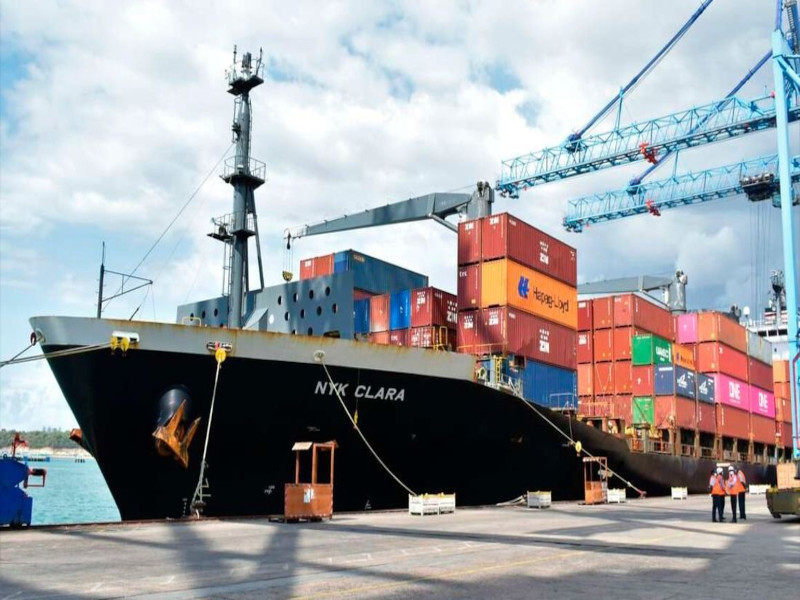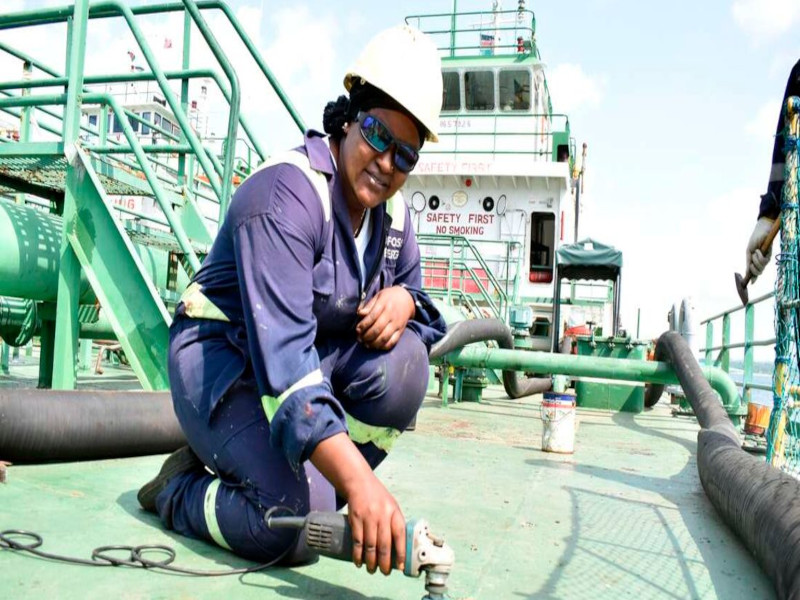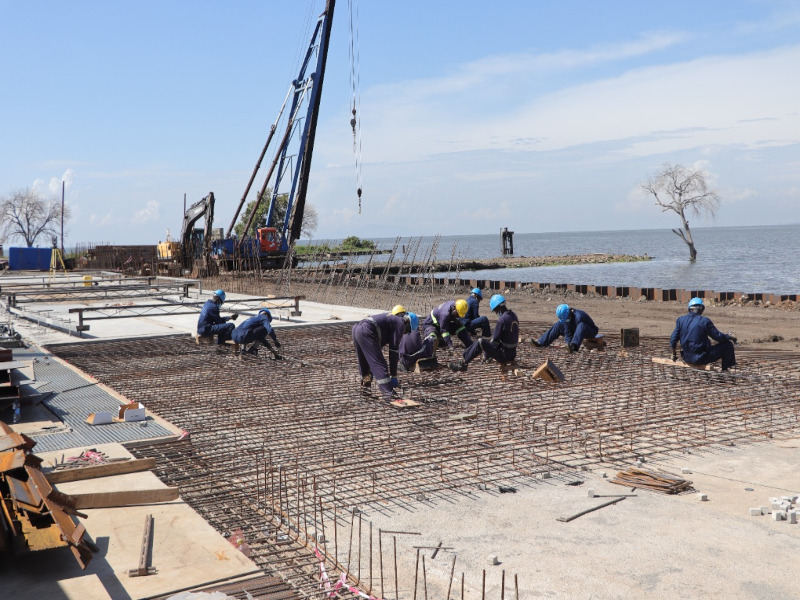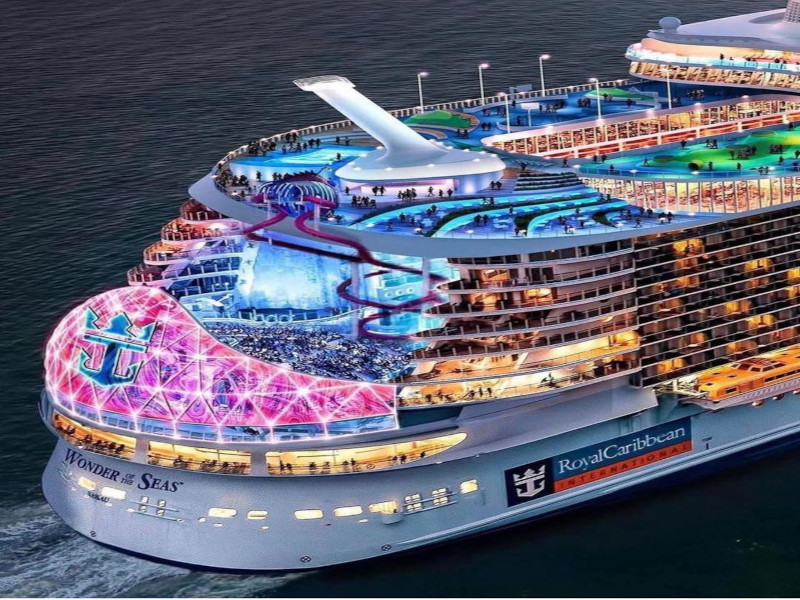When President Uhuru Kenyatta launched the Mombasa Shipyard in December last year, Kenya entered the league of ship-building nations. The new shipyard has a capacity to handle 4,000-tonne vessels and will offer employment to over 10,000 Kenyans.
The shipyard represents the kind of transformational projects that will enable Kenya attain her ambition to be an industrial economy. It is the kind of large-scale investment in infrastructure required to deliver the next wave of economic growth and transformation.
Critically, the project will advance the country’s industrial and maritime agenda. By describing it as the “bedrock of the Blue Economy” the President underlined its significance to the country’s growing maritime sector currently valued at over Ksh 400 billion, roughly 4 per cent of GDP.
The project is also a major boost for the Vision 2030 national industrialization strategy. The transformative impact of the shipyard going forward will be felt in five major ways.
First is the massive economic benefits including the creation of thousands of jobs, directly via manpower employed at the site to carry out construction and repair of vessels, and indirectly through the expansive maritime transport supply chain. This includes specialized jobs like maritime engineering services.
Other spillover impacts are port services, shipping-related financial and legal services, offshore industries, maritime transportation, fishing, tourism and water sports. All these activities will raise revenue for the country in form of taxes to finance development.
Second, Kenya’s nascent Blue Economy will require adequate infrastructure to support a maritime economy. The new shipyard will integrate into sea mining and fishing activities; construction of offshore infrastructure and aquaculture facilities.
As a shipbuilding and maintenance hub, the Mtongwe shipyard will not only design and build new vessels but also undertake specialized maritime services like vessel repairs and re-fitting. In addition, skills transfer through maritime training programs will enable the country to rapidly transition into the Blue Economy.
Third, the shipyard is a critical infrastructure supporting the country’s shipping and security needs. For example, Kenya Navy vessels are currently re-fitted in places like Spain and the Netherlands. But with the new facility, the country will save an estimated Ksh 6.8 billion spent on servicing its marine equipment overseas, while developing local expertise in ship maintenance.
Already, many young Kenyans have undergone training in specialized welding and other high-value activities. For the Blue Economy to flourish, Kenya needs to develop technical expertise in maritime engineering.
In advanced economies like the US, shipyards serve three intertwined purposes – commercial, security and scientific. Private shippers use the facility to service their vessels thus promoting trade. Since it is based at the Kenya Navy Base at Mtongwe, the Mombasa shipyard serves a crucial naval function besides potentially supporting future ocean-based science research.
Fourth, the multi-agency approach behind the shipyard involving among others, Kenya Defence Forces, Kenya Coast Guard Service, Kenya Railways and National Youth Service, is a classic example of how various State agencies can work seamlessly in delivering critical national infrastructure in a timely, cost-effective and transparent manner.
The Kenya Shipyards Limited (KSL) established through an Executive Order in 2018 will play a facilitative role in promoting trade, industry and defence within the country’s maritime domain. The Eastern Africa coastline has only four shipyards located in Egypt, Djibouti and South Africa. Through KSL, Kenya is positioned to emerge as the new ship-building hub in Africa serving public and private, domestic and regional clients.
Fifth, the Mombasa shipyard will transform the coastal economy by opening up the region to new investments. Key sub-sectors of the Blue Economy like fisheries which employ many locals will benefit. Private shipyards charge millions of shillings for repair of vessels. The State facility at Mtongwe will help bring down the cost of maintenance and encourage more local entrepreneurs to venture into the fisheries industry.
This will also unlock the enormous business potential in Kenya’s territorial waters and coastal strip. Providing livelihood and business opportunities to the people of the coastal region is critical in addressing poverty and by extension, countering violent extremism which has been a major challenge fueling insecurity in the area.
In short, the long-term economic impact of Mombasa shipyard far surpasses its primary function of ship construction and repair and will be felt for many years to come as a legacy infrastructure project of President Uhuru Kenyatta.




